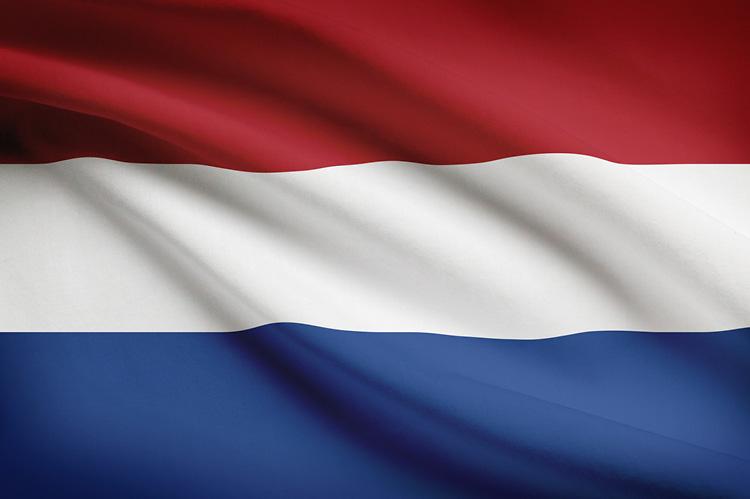New Lease on Life For Groningen Gas Field, Europe's Largest Gas Field

A mere few months ago, the Dutch government was dead set on closing the estimated 450 billion cubic meter in the ground Groningen gas field for good, despite the higher prices that gas was then netting. The Dutch population was supportive of this policy decision, as any output would increase the risk of earthquakes (Groningen has experienced several big ones in recent years) and endanger more lives.
"We're on our way to closing the Groningen field as soon as possible and only in case of emergency in the next couple of years (e.g. an extremely cold winter) there is a small chance we'll produce a limited amount," the government spokesperson said.
Putin's invasion of the Ukraine has fundamentally changed the strategic calculus: Images of bombed-out hospitals and apartment buildings across Ukraine reminded Dutchmen of their home country during World War Two, and they realized they had a resource to help slow President Vladimir Putin's campaign – natural gas.
This understanding exemplifies a sudden shift in energy policy across Europe. The incursion, which Ukraine President Volodymyr Zelenskiy likened to a new iron curtain falling across the continent, has highlighted highlighted Europe's dependence on Russian energy and triggered a scramble to secure scant non-Russian energy sources — from the United States and Qatar to Japan, which will divert some of its LNG imports to Europe.
Moscow's Ukraine campaign has prompted a wider backlash against Russian oil and gas. The United States banned Russian oil imports, while the European Commission published plans to slash Russian gas imports by two-thirds this year. Non-Russian liquefied natural gas and pipeline imports could this year replace more than a third of the 155 bcm Europe gets annually from Russia, the Commission said.
Western sanctions targeting Russia's economy and Putin's supporters could escalate the confrontation with the Kremlin, which has threatened to retaliate by cutting off the major Nord Stream pipeline carrying gas to Germany, said gas expert Rene Peters of the TNO research institute.
If that happened, increasing Groningen output could help parts of neighboring Germany, Belgium and northern France that can use Dutch gas, said Peters. This would invariable use part of the OGE system of pipelines in Germany.
